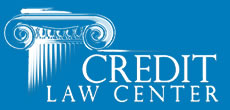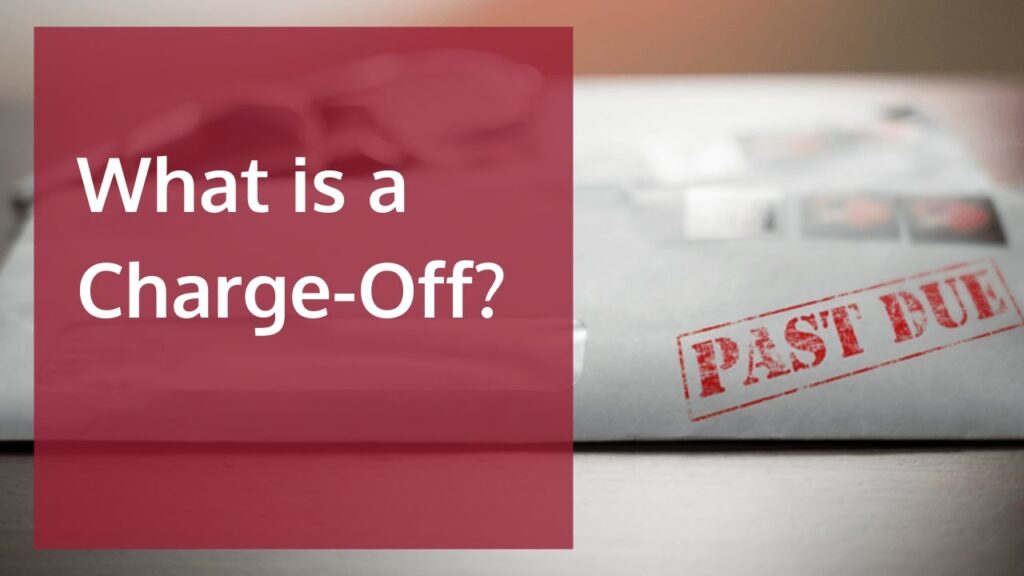When looking at a credit report, many folks will see collections and charge offs. What’s the difference? Simply put, a Charge Off is a term a lender will use when the consumer has not made the contractually agreed payments. The lender has tried repeatedly to contact the consumer for re-payment with no response. So, the lender then writes debt off as a loss and prevents future use of the service. This generally only happens when the debt is delinquent past 120 -180 days. The Original Creditor then either keeps the debt or sells it to a third-party collection company. That’s where you see a Charge Off become a collection. Now the consumer has two derogatory accounts on their credit reports revolving around the same issue. Double whammy!
Should you pay the Charge Off?
The best advice is always to pay off your debt. Debts truly never go away and is your legal responsibility to do so. But this a double-edged sword. It all depends on how old the debt is. You see, if you do pay a Charge Off, the information won’t come off your credit report. Now, the verbiage will change. It will now say something to the effect of a “Paid Charge Off.” But the damage to your report will still be in effect. The one thing that may be considered a positive when paid is that it’s sometimes easier to get a mortgage if the Charge Off is paid vs. unpaid. Now if a charge off is nearing the end of the statute of limitations, (7 years) it may be in the consumers best interest to not pay the debt. If a consumer comes to some payment arrangement or agreement with the original creditor, they just re-started the time clock on the statute of limitations for how long this account can be reported on their credit report. If unsure of how this would affect your personal situation, get advice from an expert before making any moves on the Charge Off.
Can’t come up with the full amount to pay the debt?
Most people are only in this position because circumstances put them in a position where they felt unable to make the payments. Many times, the thought of paying off a Charge Off in full is very daunting. But keep in mind, most lenders don’t want to place people in this position. They’d much rather the payments were made in agreement with the contract. The fact that the lenders report to the Bureaus at all is to cause pain, enough pain to where they get their money. Many times this can lead to a prime opportunity to negotiate the debts to a lower amount. This will wipe the debt clean and a weight for both parties has been lifted. As a consumer, you have the ability to negotiate directly with the debt holder. However, if one is not astute in the art of negotiation, I would suggest hiring a professional to do this. A major part of this negotiation should be to have the item removed from the credit report once paid. If not, there will still be damage to the credit report.
*** It’s important to note that if the Original Creditor agrees to settle for a lesser amount, you will be issued a 1099 as taxable income for the amount saved in negotiation. **
Can I dispute the accounts accuracy?
Of course. An item on a credit report has to be timely, verifiable, and accurate. Is the date of terminal delinquency correct? Is the date the account is opened correct? There are many errors in credit reports. And if there are errors, those can be used as leverage to have items deleted. This is ideal for a short-term fix to long term problem. If you are looking to improve scores quickly to qualify for a loan, you can use this method. But, as mentioned earlier, just because it’s removed from the credit report doesn’t mean the debt is still owed….. it is. At some point the debt is going to need to be settled.
Credit Law Center has help consumers for that last 13 years on credit disputes and debt negotiation. Feel free to reach out to one of our Credit Advisors if you have any questions or are unsure on how to move forward. 1-800-994-3070

